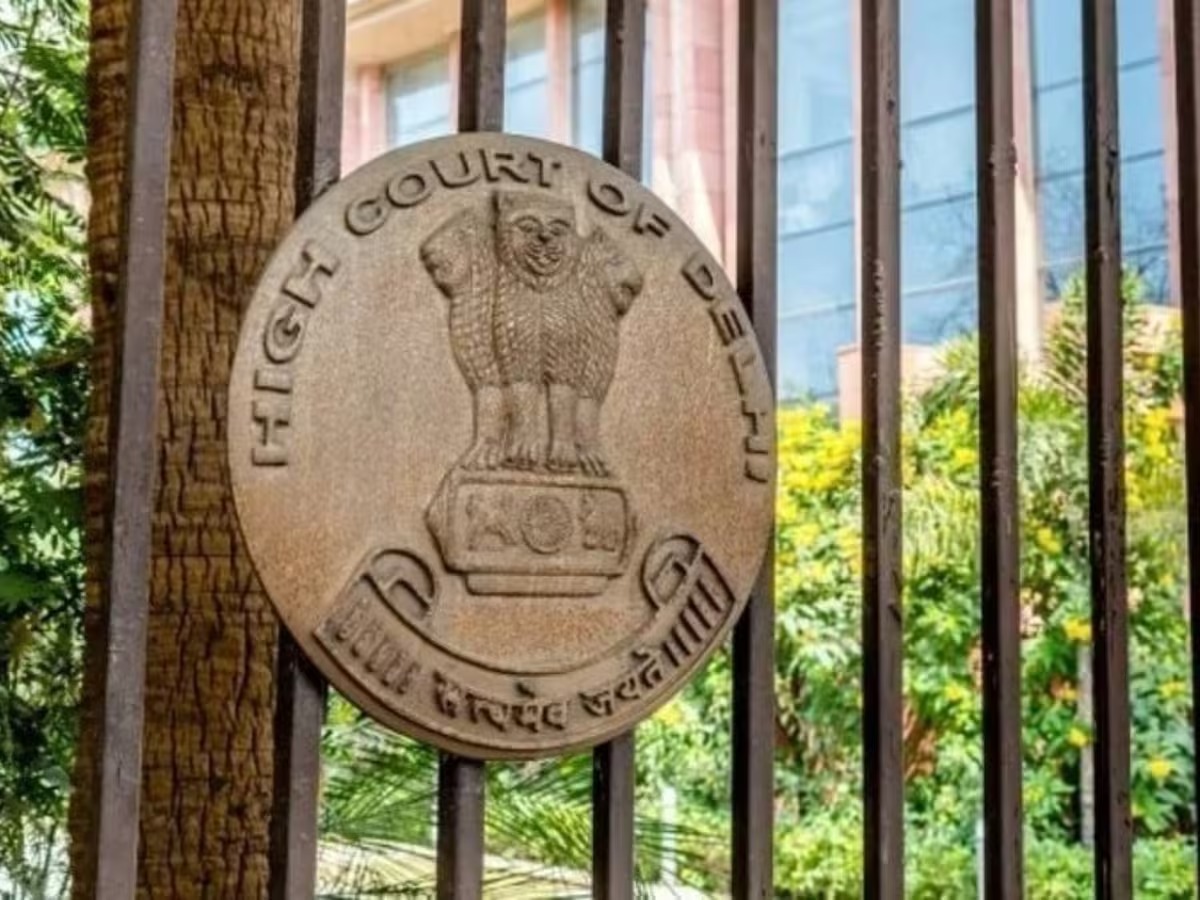Pankaj Mithal, J.@mdashPetitioner purchased a property vide registered sale deed dated 10.6.2004.
2. In respect of the aforesaid sale deed proceedings u/s 47-A(3) of the Indian Stamp Act, 1899 were initiated.
3. The District Magistrate vide order dated 19.6.2006 determined the deficiency and imposed equal amount of penalty and both the amounts were directed to be recovered with interest @ 1.5% per month.
4. Petitioner applied for the recall of the aforesaid order on the ground that it was passed an ex parte without serving any notice upon him and the service shown upon Chowkidar is fictitious. The application was rejected by the Collector vide order dated 25.9.2006 on the ground that the order of deficiency has been passed on merits.
5. Revision preferred by the petitioner was dismissed by the Commissioner on the ground that there is no provision under the Act for restoration of a decided case.
6. Aggrieved by the aforesaid orders, petitioner has preferred the present writ petition.
7. Under the Indian Stamp Act, 1899 there is no specific provision which provides either for the review of an order passed by the Collector or for setting aside an ex parte order. The power of review is substantive in nature and cannot be exercised unless it is so conferred by the statutes. Nonetheless a distinction has to be made between a substantive review and a procedural review which power is vested in every Court and authority whether or not specifically conferred by the Act or the statute. The power to recall an order is in the nature of a procedural review and is inherent in every authority.
8. The Supreme Court in the case of
6. We are of the opinion that the Tribunal had the power to pass the impugned order if it thought fit in the interest of justice. It is true that there is no express provision in the Act or the rules framed thereunder giving the Tribunal jurisdiction to do so. But it is a well-known rule of statutory construction that a Tribunal or body should be considered to be endowed with such ancillary or incidental powers as are necessary to discharge its functions effectively for the purpose of doing justice between the parties. In a case of this nature, we are of the view that the Tribunal should be considered as invested with such incidental or ancillary powers unless there is any indication in the statute to the contrary. We do not find any such statutory prohibition. On the other hand, there are indications to the contrary.
9. In view of above, every Court or authority is vested with inherent power to recall, modify or to correct its own order in certain contingencies. Inherent power means a power which though not conferred by the Act but is otherwise vested in the Court or the authority concerned. The exercise of the said power is based on the maxim "actus curiae neminem gravabit" which means no one should be prejudiced by the action of the Court or the authority as has been laid down in
10. In view of above legal position, I am of the opinion that the authorities under the Indian Stamp Act, 1899 are also vested with the inherent power to recall any order which may have been passed in violation of the principles of natural justice where it is established that the notice was not issued or duly served upon the party concerned.
11. Accordingly, the Revisional Court as well as the Collector manifestly erred in rejecting petitioner''s application for the recall of the order dated 19.6.2006 and for the restoration of the case to its original number.
12. The petitioner has submitted that the order dated 19.6.2006 is an ex parte order as no notice was served upon the petitioner. The service of notice upon the Chowkidar is a fictitious service. Averment to this effect have been made in the paragraph 8 to the writ petition which have not been specifically denied in the counter affidavit. No material has also been brought on record along with counter affidavit to show the manner in which the notice was issued and served upon the petitioner.
13. In view of above, I hold that there is no proper service of notice upon the petitioner and the order dated 19.6.2006 has been passed in utter disregard to the principles of natural justice.
14. In the sum total the writ petition deserves to be allowed. The impugned orders dated 29.12.2009, 19.6.2006 and 25.9.2006 are quashed and the Collector is directed to decide the matter afresh in accordance with law on its own merits as expeditiously as possible preferably within a period of 6 months from the date of production of certified copy of this order.
15. Petitioner would appear before the Collector on 30th May, 2011. Since the Court has fixed date for the appearance of the petitioner before the Collector, no separate notice in this regard is required to be issued.
16. Petition allowed with the above directions.

